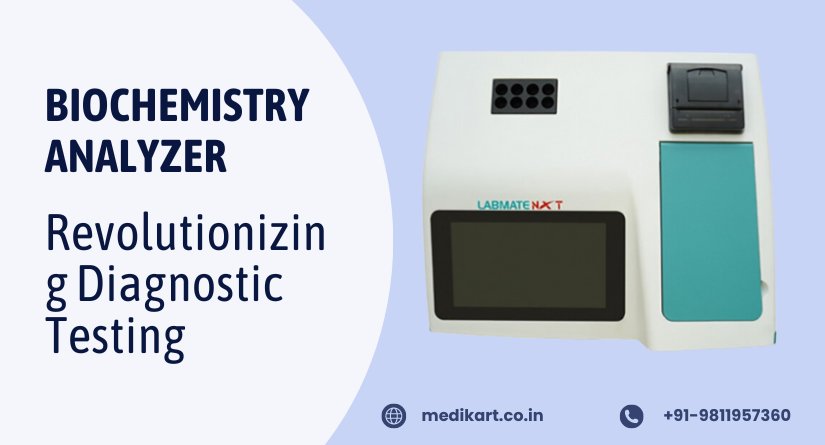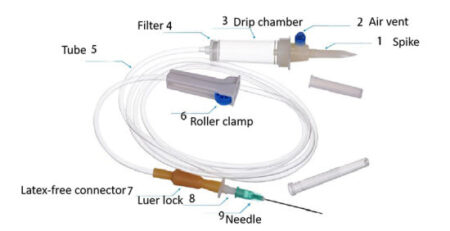Understanding biochemistry analyzer: Revolutionizing Diagnostic Testing
Understanding the Role of Biochemistry Analyzers in Healthcare
Biochemistry analyzers have become indispensable tools in the field of modern medical diagnostics. Biochemistry analyzers are vital for analyzing biological samples, providing valuable insights into bodily fluid composition. They offer accurate data, empowering healthcare professionals to make informed decisions for patient care, treatment plans, and disease management. This blog post explores the significance of biochemistry analyzers in healthcare, along with their key features and benefits.
The Functionality of Biochemistry Analyzers
Biochemistry analyzers are designed to automate the process of analyzing biological samples, such as blood, urine, and cerebrospinal fluid. They employ sophisticated algorithms, high-sensitivity detectors, and advanced data processing capabilities to measure various markers and parameters. These include liver function tests, renal function tests, lipid profiles, glucose levels, electrolyte balance, and many more. By accurately measuring these components, biochemistry analyzers provide healthcare professionals with essential information for diagnosis, monitoring, and treatment planning.
Key Features and Benefits of Biochemistry Analyzers
- Automation and Efficiency: Biochemistry analyzers streamline laboratory workflows through automation, minimizing human error and enhancing efficiency. They handle sample preparation, reagent dispensing, mixing, and analysis with precision and consistency, reducing turnaround time for test results.
- Comprehensive Test Panels: With a wide range of test panels available, biochemistry analyzers enable comprehensive assessment of a patient’s health status. By measuring multiple markers simultaneously, healthcare professionals can gain a holistic understanding of a patient’s condition and make well-informed decisions.
- Rapid and Accurate Results: Biochemistry analyzers provide rapid and accurate test results, enabling prompt diagnosis and timely decision-making for effective patient care. Real-time results support healthcare providers in monitoring treatment efficacy and adjusting interventions as needed.
- Integration with Digital Systems: These analyzers seamlessly integrate with laboratory information management systems (LIMS) and electronic medical record (EMR) systems, ensuring efficient data capture, storage, and retrieval. The integration of barcode scanning technology and bi-directional communication enhances workflow efficiency and reduces errors.
Advancements and Future Perspectives
The field of biochemistry analyzers continues to evolve, with ongoing advancements and future possibilities. Miniaturization and portability are anticipated, enabling point-of-care testing in various clinical settings. Furthermore, integrating AI and machine learning algorithms can enhance analytical capabilities, leading to improved diagnostics and personalized treatment plans tailored to individual patients.
Conclusion,
biochemistry analyzers have revolutionized medical diagnostics by providing accurate and comprehensive biochemical data. By automating processes, ensuring efficiency, and delivering rapid results, biochemistry analyzers empower healthcare professionals to make informed decisions for optimal patient care. As technology advances, the future of biochemistry analyzers looks promising, promising further improvements in diagnostics and personalized medicine.


















Leave a Reply